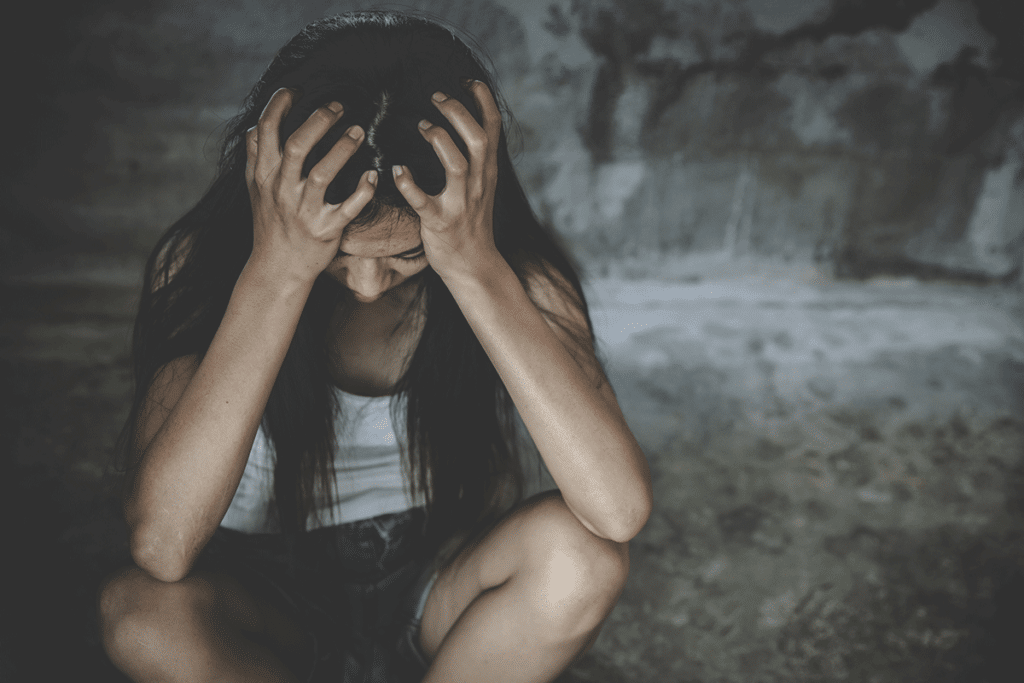“Psychoactive drugs,” “psychotropic drugs,” or “hallucinogens”—you may be familiar with one or all of these terms. If you have questions about them, getting the necessary answers is essential. Contact our knowledgeable team at Northpoint Recovery by dialing 888.296.8976 to ask questions about psychoactive drugs and our drug rehab options in Idaho.
What Are Psychoactive Drugs?
Psychoactive drugs are drugs that alter an individual’s brain function. The results are changes in behavior, perception, and mood.
Psychoactive drugs are used for several different purposes. Most of the time, they’re associated with recreational use. People have also been known to use them for spiritual or ceremonial purposes. Some types of psychoactive drugs also have therapeutic value.
Frequently Asked Questions About Psychoactive Drugs
Let’s go over ten of the more commonly asked questions people ask about these harmful substances.
1. What are the 4 Categories of Psychoactive Drugs?
Psychoactive drugs can be categorized into different groups. These are all based on how they affect the brain. The four different groups are:
- Depressants
- Opioids
- Stimulants
- Hallucinogens
You’ll find that some of these drugs are more socially acceptable in our culture than others.
2. Why Are Hallucinogens Considered Psychoactive Drugs?
The different types of hallucinogens are psychedelics, dissociatives, and deliriants. Hallucinogens are, by definition, psychoactive substances. They cause hallucinations, which is where the name comes from.
3. Are Psychoactive Drugs and Psychotropic Drugs the Same?
The terms psychoactive and psychotropic drugs are frequently used to mean the same thing. Some examples of psychotropic medications include:
- Xanax
- Prozac
- Ativan
- Celexa
- Zoloft
Psychotropic drugs are frequently prescribed to treat certain mental health conditions. Depression, anxiety, and other mental health conditions are some reasons why people take these medications.
4. What Makes Alcohol a Psychoactive Drug?
Alcohol is a psychoactive drug that falls into the depressant category. This is because it slows down brain activity in many areas. It is highly addictive and easily abused.
5. What Makes Caffeine Psychoactive?
Most people consume caffeine daily. However, some sources indicate it might not be suitable for overall health. Energy drinks containing caffeine may have high amounts of the drug in them. They are also known for having other unhealthy chemicals added.
6. In What Ways Might Psychoactive Drugs Be Beneficial?
Any psychoactive or psychotropic drug that is consumed in excess can be harmful. However, some types of these drugs have some benefits. People who frequently use psychoactive drugs say that they use them because they:
- Allow them to be more sociable
- Relieve their pain
- Relieve their depression or anxiety
- Relieve their stress
- Provide more energy
However, those benefits are quite likely to be short-lived. With ongoing abuse, the adverse effects of these drugs are likely to become much more pronounced.
7. Why Do Psychoactive Drugs Lead to Addiction?
Prescribed drugs can be taken according to the prescription safely. If psychotropic drugs are taken for short periods, addiction is unlikely. However, psychoactive drugs are often taken for too long, or they are abused in some way.
8. Are Hallucinogens Truly Addictive?
Even if hallucinogens are not believed to be physically addictive, they are psychologically addictive. Psychological addiction can produce physical addiction symptoms for all types of psychoactive drugs, including hallucinogens.
9. How Do Prescription Psychotropic Drugs Cause Addiction?
An addiction to prescription psychotropic drugs can be formed for several reasons. Most often, it is because:
- The individual is taking the medication without a prescription
- The person is taking too much of the drug at one time
- The person has been using the drug for too long
- The individual is taking doses that are too close together
- The drug is crushed and snorted or mixed with liquid and injected
Any of these methods of taking prescription psychotropic drugs will eventually lead to addiction.
10. Can You Overdose on Psychoactive Drugs, Psychotropic Drugs, and Hallucinogens?
You absolutely can overdose on psychoactive drugs. This includes psychotropic drugs by prescription and hallucinogens. Unfortunately, it happens all too often.
Find Answers to Questions About Psychoactive Drugs in Idaho at Northpoint Recovery
If you have additional questions you’d like to have answered, please get in touch with us today at 888.296.8976.

